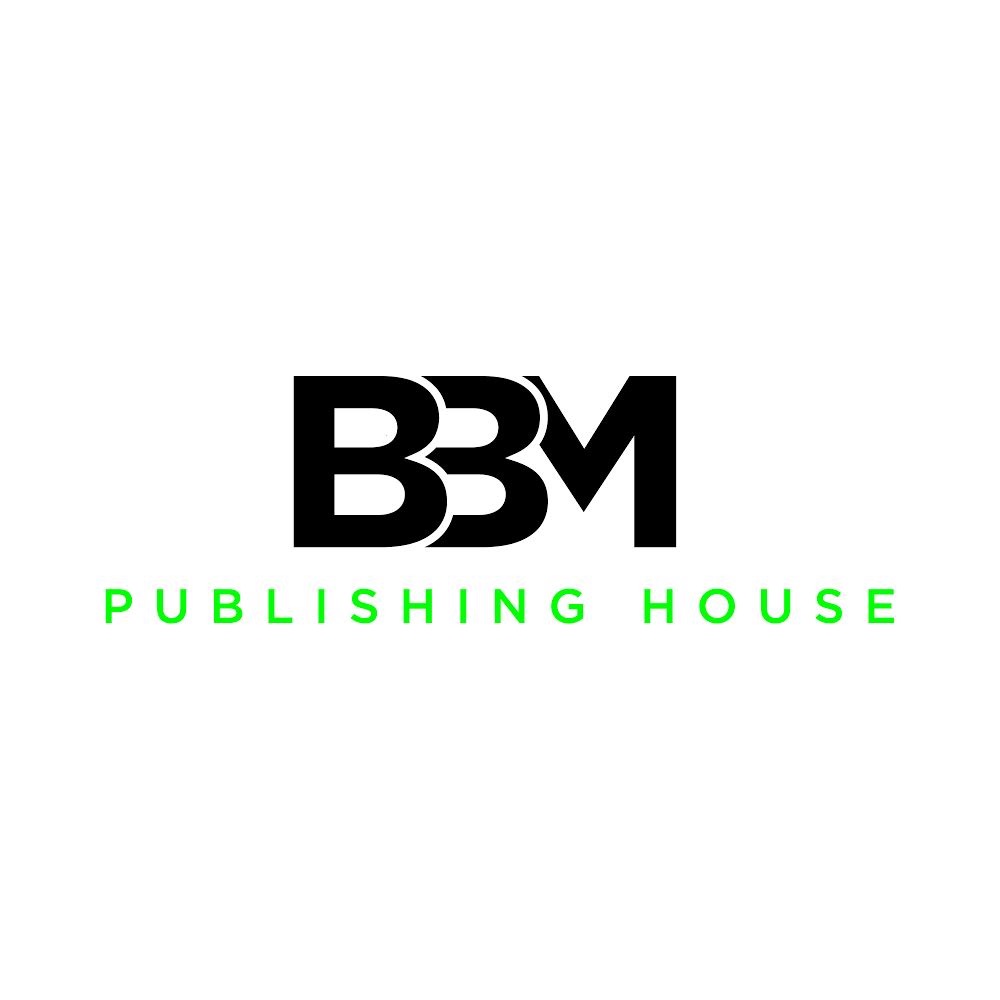Navigating Taxation for SaaS Platforms: Compliance Essentials and Financial Best Practices

As a UX designer working in the realm of SaaS platforms, the intricacies of taxation can often seem like an uncharted territory. Yet, understanding the nuances of taxation is crucial for ensuring compliance and maintaining financial stability within the ever-evolving landscape of software as a service. In this article, we'll navigate through the maze of taxation, exploring compliance essentials and highlighting financial best practices tailored to SaaS platforms.
Understanding Taxation for SaaS Platforms
Jurisdictional Considerations: The first step in understanding taxation for SaaS platforms is to grasp the jurisdictional complexities. Tax obligations can vary significantly based on the location of your business, the location of your customers, and even the type of services you offer.
Sales Tax vs. Value Added Tax (VAT): Deciphering between sales tax and VAT is essential. Sales tax applies to transactions within specific regions, while VAT is generally applicable in many international markets. Understanding these distinctions is pivotal for accurate tax collection and reporting.
International Taxation Challenges: SaaS platforms often have a global customer base, leading to complexities in international taxation. The implications of cross-border transactions, tax treaties, and the digital services tax landscape require careful consideration.
Compliance Essentials for SaaS Taxation
Registration and Documentation: Ensuring proper registration with tax authorities and maintaining accurate documentation is foundational. Compliance begins with meticulous record-keeping and adherence to registration requirements.
Tax Calculation and Reporting: Establishing robust systems for tax calculation, collection, and reporting is crucial. Automating these processes can streamline operations and reduce the margin for error.
Keeping Abreast of Regulatory Changes: Tax laws and regulations are subject to constant change. Staying updated with evolving tax requirements, especially in the digital sphere, is imperative to avoid penalties and maintain compliance.
Financial Best Practices for SaaS Taxation
Budgeting for Tax Liabilities: Allocating resources for tax liabilities is essential for financial stability. Having a clear understanding of tax obligations and setting aside funds accordingly can prevent financial strain.
Seeking Expert Guidance: Collaborating with tax professionals or consultants specialized in SaaS taxation can provide invaluable insights. Their expertise can help navigate complex tax structures and optimize financial strategies.
Investing in Accounting Software: Implementing accounting software specifically designed for SaaS platforms can streamline tax-related tasks, making compliance more manageable and efficient.
Conclusion
As a UX designer in the world of SaaS platforms, grasping the intricacies of taxation is an essential component of ensuring business success. Understanding jurisdictional considerations, compliance essentials, and implementing robust financial best practices can not only ensure compliance but also contribute to the overall financial health of your SaaS platform. By staying informed, seeking expert guidance, and embracing technological solutions, navigating the landscape of SaaS taxation becomes a manageable and integral aspect of sustaining a thriving online business.

Professional UX Designer, Entrepreneur and overall creative. Spenser has been dedicated to sharing stories from our community and creating opportunities for others through various mediums. Founder of Black Business Mine Publishing House, a company that creates content distinctly for OUR community, while offering business consulting, and comprehensive web design and development services.
MILLIONAIRE WEB SERVICES | BOOK FREE WEBSITE CONSULTATION | HIRE ME AS YOUR DEVELOPER

 Manage Your Money Like A Boss! w/ Payyit
Manage Your Money Like A Boss! w/ Payyit

